Filter by
The language used throughout the course, in both instruction and assessments.
Explore the Dynamic Programming Course Catalog

University of Colorado Boulder
Skills you'll gain: Algorithms, Computer Programming, Problem Solving, Theoretical Computer Science, Computational Logic, Computational Thinking, Mathematical Theory & Analysis, Mathematics, Applied Mathematics, Data Structures, Python Programming

Stanford University
Skills you'll gain: Algorithms, Computer Programming, Problem Solving, Theoretical Computer Science, Data Structures, Graph Theory, Critical Thinking, Programming Principles, Computational Thinking, Mathematical Theory & Analysis
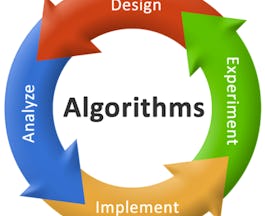
Stanford University
Skills you'll gain: Algorithms, Theoretical Computer Science, Computer Programming, Problem Solving, Graph Theory, Mathematics, Data Structures, Computational Thinking, Mathematical Theory & Analysis, Critical Thinking, Computational Logic, Programming Principles, Software Engineering
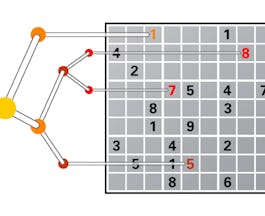 Status: Free
Status: FreeThe University of Melbourne
Skills you'll gain: Algorithms, Computer Programming, Python Programming
 Status: Free
Status: FreePrinceton University
Skills you'll gain: Computer Programming, Java Programming, Programming Principles, Computational Thinking, Algorithms, Computational Logic, Theoretical Computer Science, Critical Thinking, Mathematical Theory & Analysis, Problem Solving, Computer Science
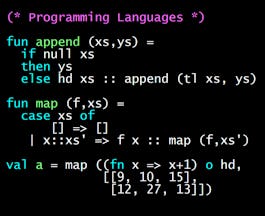 Status: Free
Status: FreeUniversity of Washington
Skills you'll gain: Computer Programming, Programming Principles, Algorithms, Critical Thinking

University of Colorado Boulder
Skills you'll gain: Problem Solving
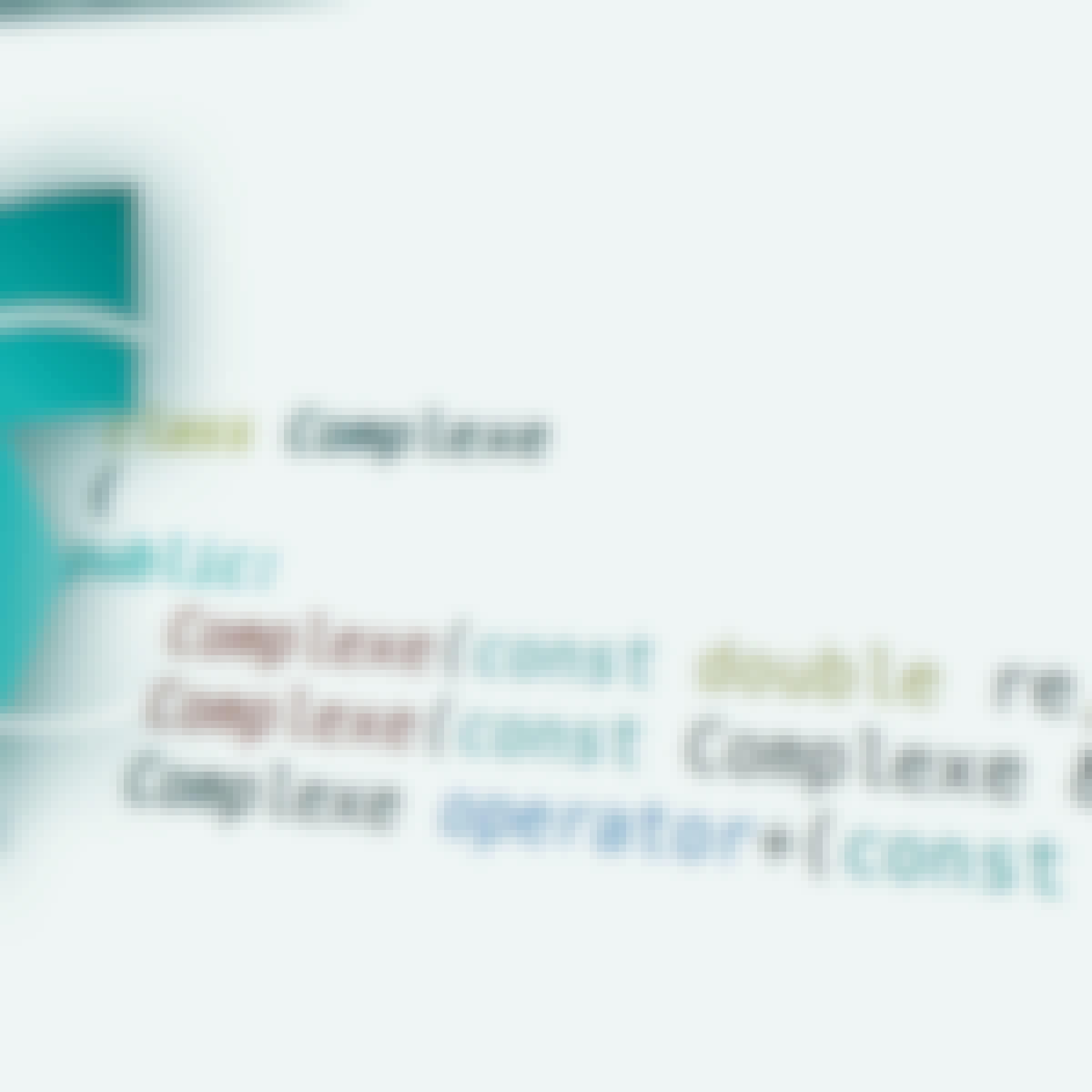 Status: Free
Status: FreeÉcole Polytechnique Fédérale de Lausanne
Skills you'll gain: C Programming Language Family, Computer Programming, C++ Programming, Programming Principles

Duke University
Skills you'll gain: Computer Programming, Java Programming, Programming Principles, Algorithms, Problem Solving, Data Structures, Software Engineering, Computer Programming Tools, Critical Thinking, Computational Thinking, Data Analysis, Javascript, Software Testing, Front-End Web Development, HTML and CSS, Web Design, Web Development, Web Development Tools, Computer Graphic Techniques, Software Architecture, Data Model, Cryptography, Data Analysis Software
 Status: Free
Status: FreeUniversity of Toronto
Skills you'll gain: Computer Programming, Python Programming, Computational Logic, Problem Solving, Programming Principles, Computer Programming Tools, Critical Thinking, Computational Thinking, Algorithms, Process Analysis

Multiple educators
Skills you'll gain: Computer Programming, Java Programming, Algorithms, Data Structures, Problem Solving, Programming Principles, Computational Thinking, Computer Programming Tools, Critical Thinking, Software Engineering, Computational Logic, Data Analysis, Visualization (Computer Graphics), Software Testing, Computer Graphics, Cryptography, Data Analysis Software
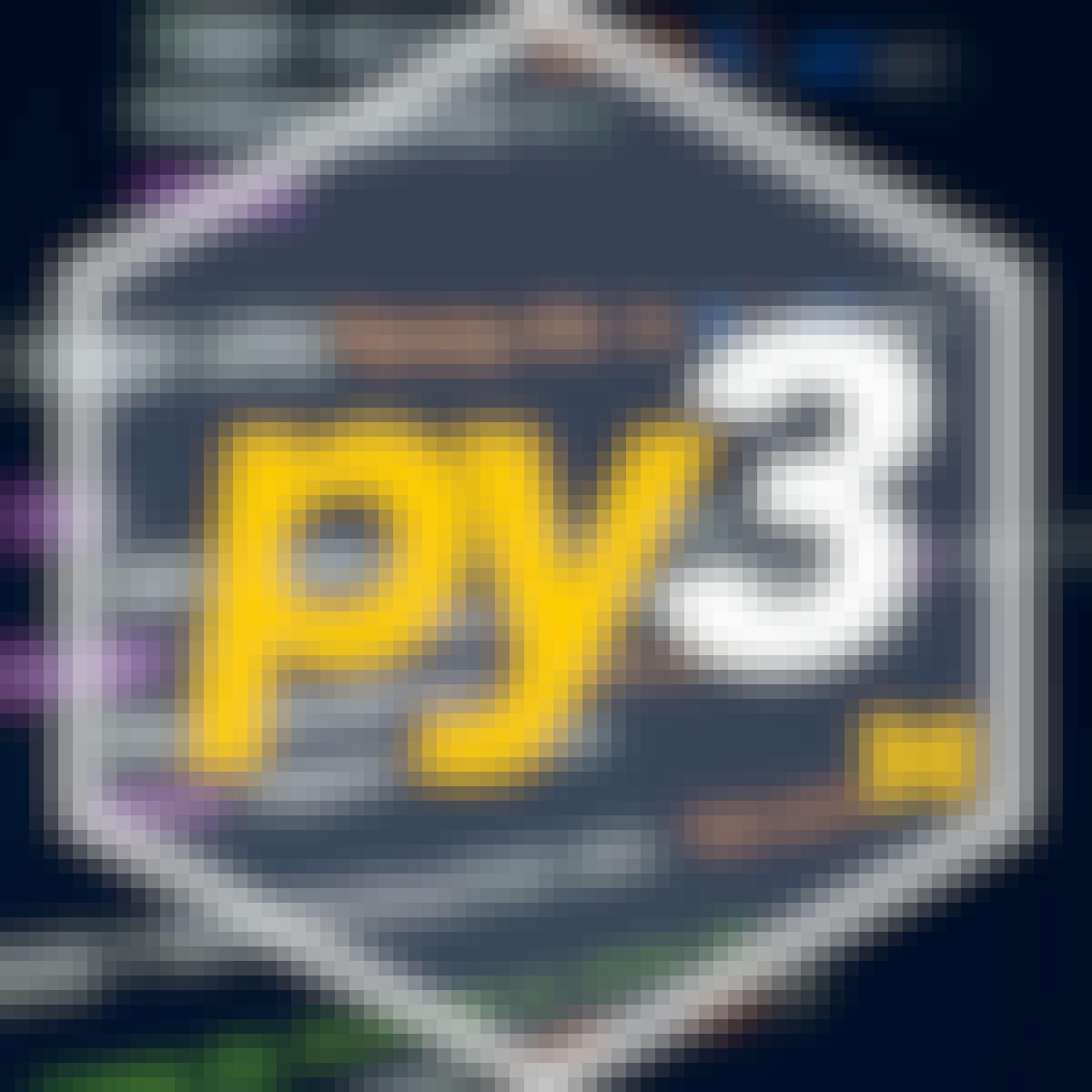
University of Michigan
Skills you'll gain: Computer Programming, Python Programming, Problem Solving
Searches related to dynamic programming
In summary, here are 10 of our most popular dynamic programming courses
- Dynamic Programming, Greedy Algorithms: University of Colorado Boulder
- Greedy Algorithms, Minimum Spanning Trees, and Dynamic Programming: Stanford University
- Algorithms: Stanford University
- Discrete Optimization: The University of Melbourne
- Computer Science: Programming with a Purpose: Princeton University
- Programming Languages, Part A: University of Washington
- Control Systems Analysis: Modeling of Dynamic Systems: University of Colorado Boulder
- Introduction à la programmation orientée objet (en C++): École Polytechnique Fédérale de Lausanne
- Java Programming and Software Engineering Fundamentals: Duke University
- Learn to Program: The Fundamentals: University of Toronto










